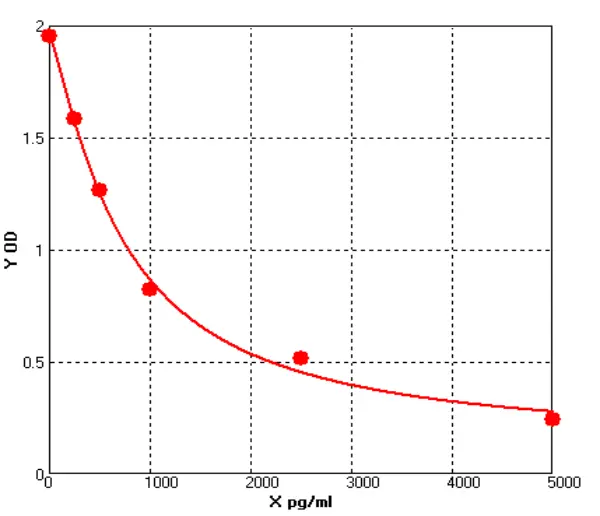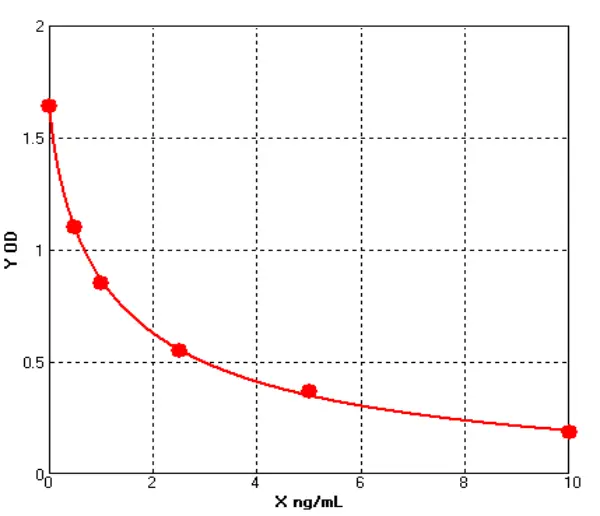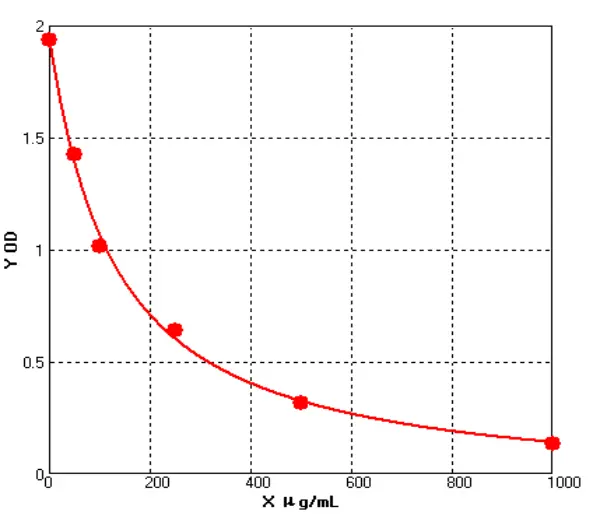Mouse Interferon Gamma ELISA: A Key Tool for Studying Immune Responses.
Understanding the Significance of Mouse Interferon Gamma in Immune Responses
Mouse interferon gamma (IFN-γ) is a critical cytokine that plays a central role in immune responses. It is produced by activated T cells and natural killer (NK) cells, and it influences various aspects of the immune system, including the activation of macrophages, regulation of inflammation, and defense against intracellular pathogens. Studying the production and regulation of mouse IFN-γ is vital for understanding immune responses and developing therapeutic interventions. Mouse IFN-γ ELISA serves as a key tool in unraveling the complexities of immune responses.
Mouse Interferon Gamma ELISA: Principle and Workflow
Mouse Interferon Gamma ELISA is an enzyme-linked immunosorbent assay designed to quantitatively measure the levels of mouse IFN-γ in biological samples. The assay utilizes specific antibodies that bind to mouse IFN-γ, enabling the detection and quantification of the cytokine. The workflow typically involves sample preparation, incubation with capture and detection antibodies, washing steps to remove unbound components, addition of a substrate for color development, and optical density measurement. This quantitative assay provides precise and reliable data on the levels of mouse IFN-γ, facilitating in-depth analysis of immune responses.
Applications of Mouse Interferon Gamma ELISA in Immunology Research
Mouse Interferon Gamma ELISA has wide-ranging applications in immunology research. It serves as a valuable tool for studying immune cell activation, characterizing immune responses to infections or vaccines, and evaluating the efficacy of immunomodulatory drugs. Researchers can use the assay to analyze the production of mouse IFN-γ in different immune cell subsets, assess its role in disease pathogenesis, and investigate the impact of various experimental conditions or interventions on its expression. The quantitative nature of the assay enables precise comparisons and the generation of reliable data, facilitating a deeper understanding of immune responses.
Advantages and Limitations of Mouse Interferon Gamma ELISA
Mouse Interferon Gamma ELISA offers several advantages in immune response studies. It provides quantitative data, allowing for precise comparisons between samples and conditions. It has high sensitivity, enabling the detection of low levels of mouse IFN-γ. Additionally, it is relatively straightforward to perform, making it accessible to researchers in various fields. However, it is essential to acknowledge the limitations of the assay, including the requirement for a specialized ELISA reader for data analysis and the potential for interference from sample matrix components. Understanding these considerations is crucial for obtaining accurate and reliable results.
Mouse Interferon Gamma ELISA is a key tool in studying immune responses and unraveling the intricate mechanisms underlying immune cell activation and regulation. By quantifying mouse IFN-γ levels, researchers can gain valuable insights into the dynamics of immune responses in different experimental conditions, diseases, and interventions. This versatile assay empowers immunologists and researchers to advance our understanding of the immune system and develop novel strategies for therapeutic interventions, ultimately contributing to improved human and animal health. To ensure accurate and reliable results in Mouse Interferon Gamma ELISA studies, it is essential to collaborate with a trusted and reputable ELISA kit manufacturer like Bluegene, who specializes in providing high-quality products that meet the rigorous standards required for immune response research.



